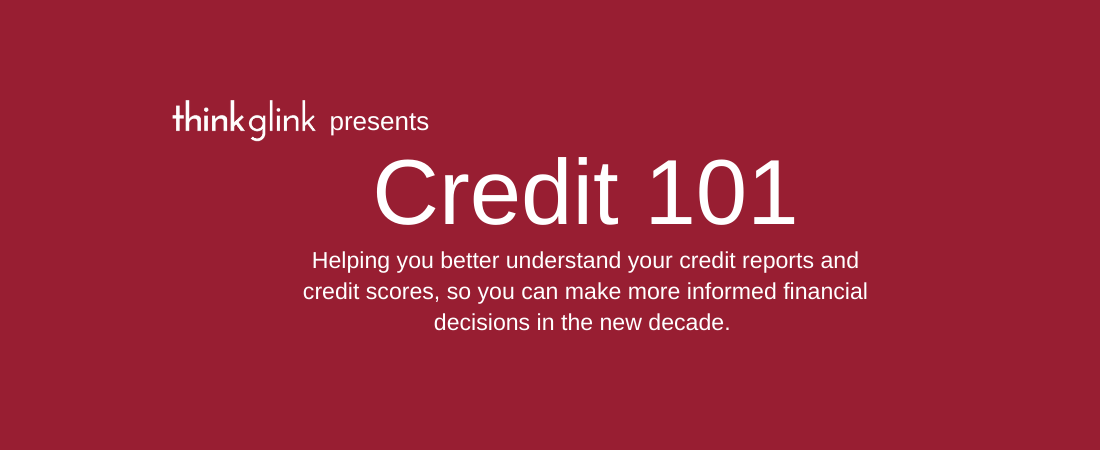Welcome to Credit 101, a new series brought to you by Ilyce Glink and ThinkGlink.com.
As we move into 2020, credit continues to be a buzzword for consumers, but many people are unsure what part credit plays in their personal finances. In a new 5-part series, Credit 101, Ilyce Glink, an award-winning personal finance columnist and CEO of the financial wellness platform Best Money Moves, details important information you need to know about your credit reports and scores.
This series is sponsored by Equifax. Create a myEquifax account (at www.myEquifax.com) to receive six free Equifax credit reports every 12 months.
Credit 101: What’s in Your Credit Report?
Credit reports offer prospective lenders and creditors a way to evaluate how you’ve handled repaying your debt in the past. This helps them decide whether to offer you credit – and at what terms. It’s important to understand your credit reports to ensure the information included is accurate and complete.
Credit 101: Are All Credit Scores the Same?
The three nationwide consumer reporting agencies, Equifax, Experian and TransUnion, as well as other credit scoring companies such as FICO and VantageScore, each have their own methods for calculating credit scores. These companies may also develop industry-specific credit scoring models for lenders and creditors based on the type of credit product they are providing, such as a mortgage versus an auto loan. Credit scores can, therefore, vary based on the information and method used to calculate them.
Credit 101: How Are Credit Scores Calculated?
Most consumers understand that there is a relationship between credit scores and the terms of credit accounts extended to you: the higher credit scores, the more likely you are to receive better offers on your various credit accounts. That’s why it’s important to continue to build up and then maintain a history of positive credit behavior. Understanding how credit scores are calculated can help you make credit-smart choices going forward.
Credit 101: How Can You Help Better Protect Yourself Against Identity Theft
The Coronavirus/COVID-19 pandemic has presented new opportunities for identity thieves and other bad actors to use the stress of the current environment to their advantage. With no concern for your financial well-being, thieves can use stolen information to run up balances on credit cards or rack up debt in your name — potentially damaging credit scores in the process. While there’s no guaranteed way to avoid identity theft, credit monitoring tools and other measures can help minimize the impact on your credit in the event your information is suddenly compromised.
Ilyce Glink Discusses New Credit 101 Series
Ilyce recently joined Ji Suk Yi, host of WGN’s Wintrust Business Lunch to discuss the importance of the new series. Click here for audio and a transcript of their conversation.
Credit 101: Ilyce Glink on WGN Radio 2/24/20
Ilyce recently joins Ji Suk Yi, host of WGN’s Wintrust Business Lunch to discuss challenges facing Americans trying to save money and the importance of understanding credit reports and credit scores.
You can create a myEquifax account (at www.myEquifax.com) to receive six free Equifax credit reports every 12 months. Or you can click “Get my free credit score” on your myEquifax dashboard to enroll in Equifax Core Credit™ for a free monthly Equifax credit report and a free monthly VantageScore 3.0 credit score, based on Equifax data. A VantageScore is one of many types of credit scores.
And be sure to check back regularly for updates to the series, to learn more about credit reports and scores!







Leave A Comment